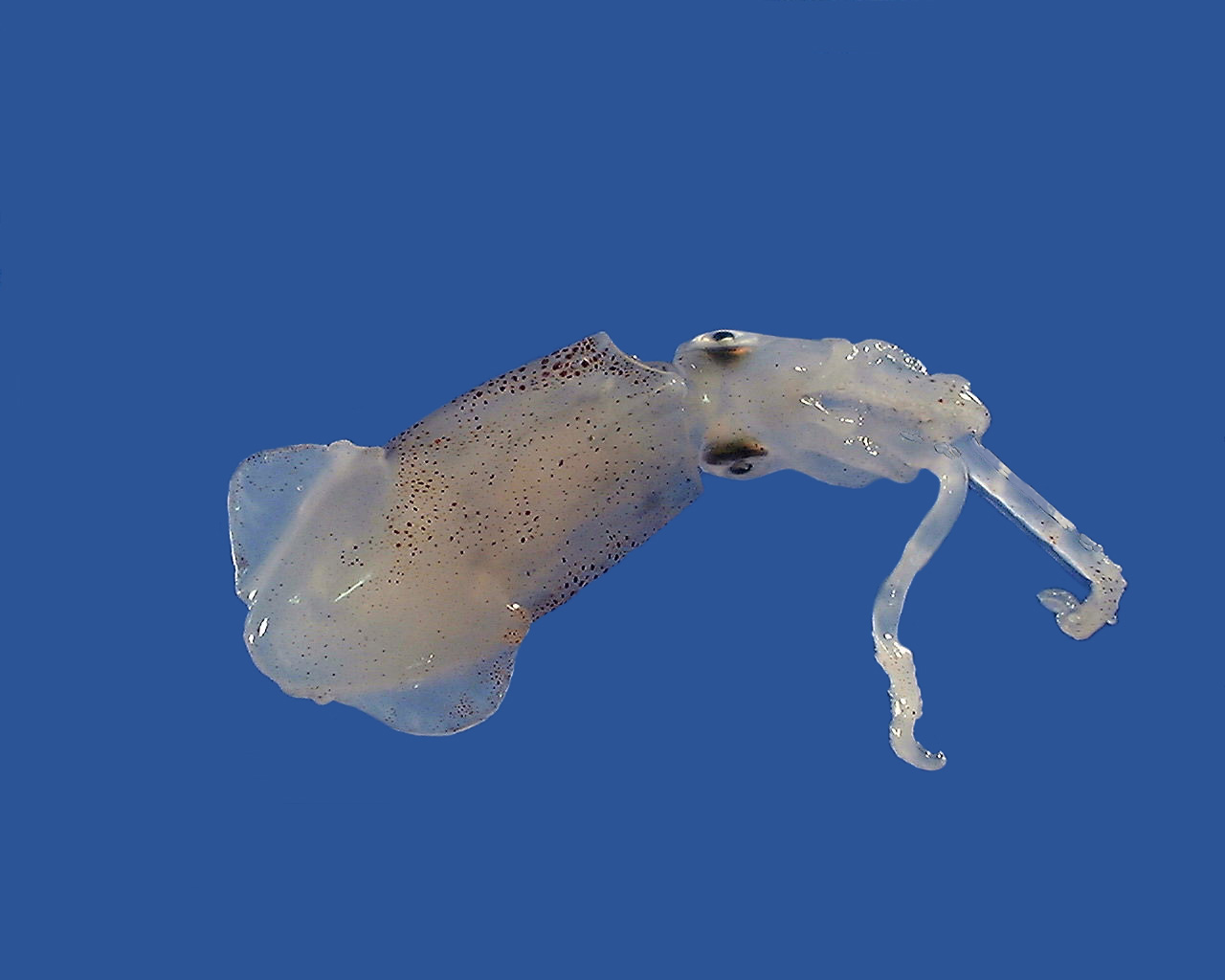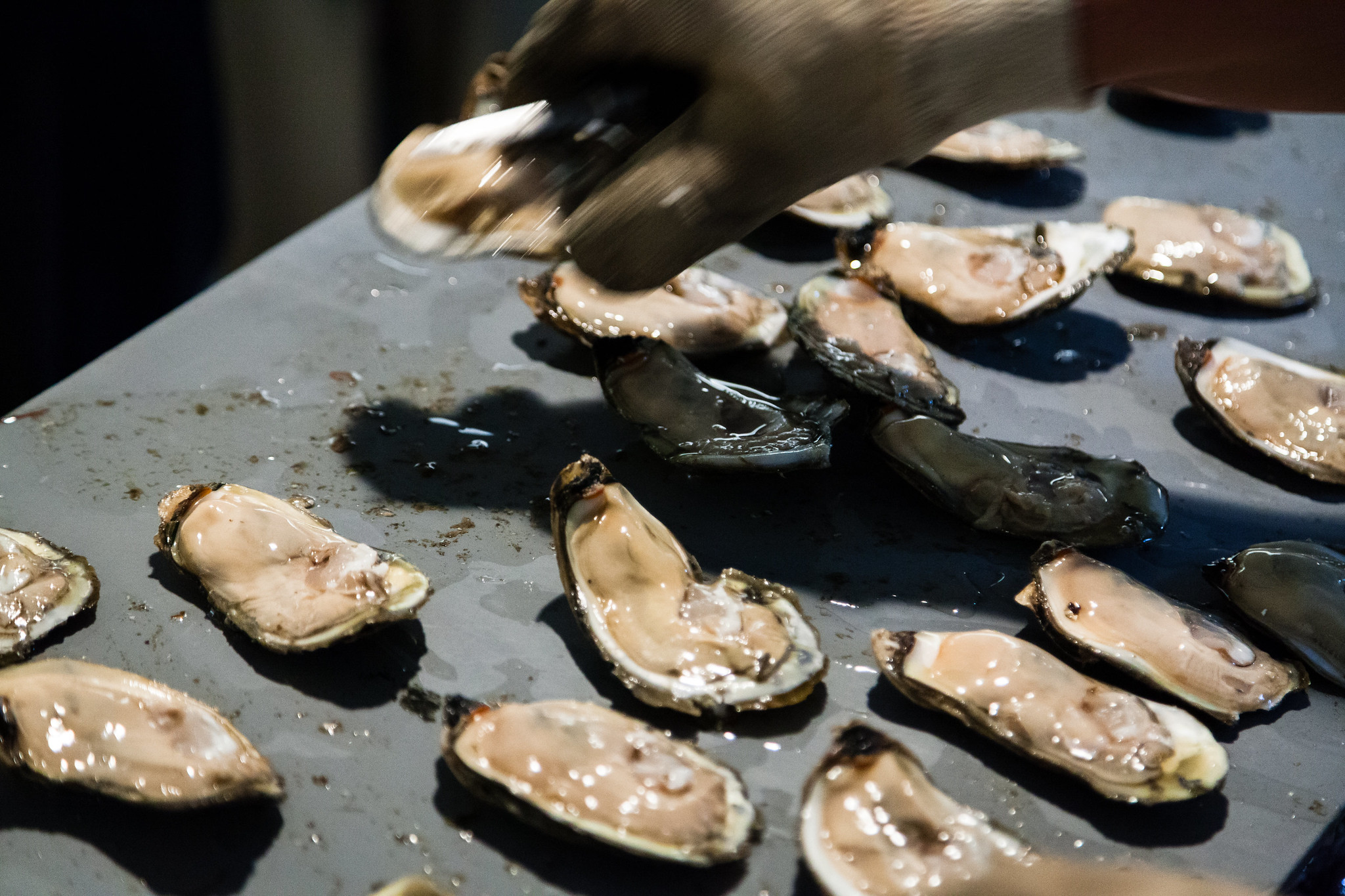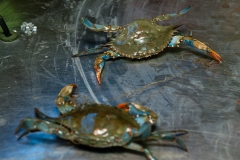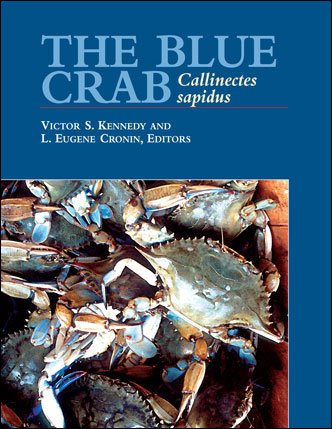Knauss legislative fellowships in Congress help build careers — and they're fun and educational. See our video and fact sheet for details.
The Maryland Sea Grant Bookstore will be closed for the winter holidays from Monday, December 15th to Friday, January 2nd and will not be taking orders during that time.
Sometimes, the best part of being a scientist is saying: “I don’t know”
When I was seven years old, I believed certain people could always answer my questions about the world: scientists and my mom. Sadly, I think many children (and also adults) think this way because schools teach science in terms of fact, when that isn’t necessarily the way scientific research works. As I went through high school and college, I realized that science is not a set of known facts; it is composed of ideas that must be tested and proven. Studies must be workshopped, and theories must be revamped time and time again. That is what has kept me interested in science all these years.
With science, you truly don’t know the answer to everything, since nature is such a mysterious muse. Every pattern can have an outlier, and not every effect has a definitive cause—and I absolutely love that. Scientists often say that humans know more about space than what’s happening in our oceans, so I wasn’t surprised that oceanic animals were the focus of my PhD project.

Ocean creatures are some of the coolest beings out there. But I believe the specific animals for my thesis project are the absolute best! I am studying the Atlantic brief squid (Lolliguncula brevis), the eastern oyster (Crassostrea virginica), and the blue crab (Callinectes sapidus). These creatures are some of the most durable species in the Chesapeake Bay, and they provide us with so much information about estuarine ecosystems, where rivers and oceanic waters combine. Additionally, these organisms are helping me determine how the effects of climate change (such as eutrophication and hypoxia) can lead to changes in their microbiomes, the unique communities of microorganisms that live in specific parts of another creature.
There are many studies detailing how physical characteristics can assist animals living in environments with different salinity levels. However, when I designed my thesis project with my advisors, I asked if there were any possible microbial interactions that could be helpful for organisms living in nutrient-rich or low-oxygen environments. They responded: “I actually do not know.” Honestly, I was a little excited when I heard them say that, but I was also worried. When scientists say they don’t know something, it’s usually accompanied by a slight sense of surprise and annoyance. They can be a bit put off to not know something. But my advisors lit up at the possibility of discovery. It meant we would be learning and searching for answers to something new. Right then, I knew this question would be my thesis project.

I would be lying if I said I wasn’t overwhelmed at times, because a thesis project with few previous studies to build on has led to frustrations early in my project. I had to rework ideas, test different DNA extraction methods, and completely get rid of others that were too costly for the project. Plus, I spent my entire first year learning about several types of laboratory equipment used in genetics and microbiology. It was interesting to learn, but it is daunting to go into a lab with no idea that a “simple protocol” involving a tiny number of samples can take over four hours to complete.
Despite these hurdles, I am having a lot of fun learning how to build a project from the ground up. I adore my small squid, my stinky oysters, and my angry crabs. Each of these organisms are helping me to become a better scientist who isn’t afraid to say, “I don’t know.” In the future, I hope to be a professor who can teach my students that it is okay not to know everything. I find the world to be a bit more exciting when things are unknown. That way, every “I don’t know” has the possibility to become an amazing study—even if it takes my tea consumption to an all-time high.
The author would like to thank Thomas Shaffer for his help with brainstorming and developing this blog post.
Top left image: Two blue crabs sit on a metal table. Photo: Will Parson / Chesapeake Bay Program
See all posts to the Fellowship Experiences blog




